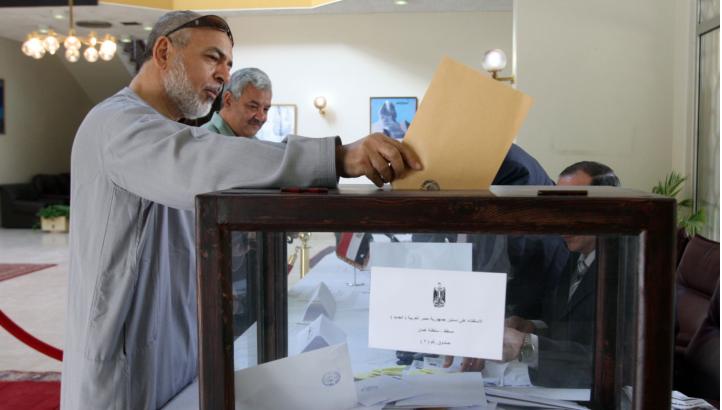The novel coronavirus (COVID-19) pandemic has already caused great damage to most economic activities and sectors worldwide, with one of the worst hit being the auto sector.
There has been a significant decline in vehicle sales in 2020, as countries absorbed the shock of the coronavirus and made the move to coexist with the virus. Europe is also currently undergoing a perceived second wave of the virus, which has prompted many countries to re-introduce the curfew, raising concerns in the Egyptian market.

Karim Naggar, Chairperson of Kayan International Trade, said that factories in Europe would not close their doors, and will not cause concern in the Egyptian market for this period.
He explained that Kayan has taken all the necessary precautionary measures, by reducing the number of employees present at its offices and showrooms. The company has also allowed for many managers to work remotely.
Kayan has also introduced precautionary measures through social distancing and holding virtual meetings, to reduce the spread, in addition to wearing masks and gloves inside showrooms.
He noted that the company has no intention to reduce import quotas for cars, as happened at the beginning of the year.
Alaa El-Saba, a member of the Automobile Division of the Federation of Egyptian Chambers of Commerce (FEDCOC) and El-Saba Automotive Chairperson, said that only state decisions determine how to deal with the auto market. He also said that possible precautions should be taken to avoid the spread of the virus.
He added that the company has not yet put a marketing plan, since the market is in a good condition. This could change, however, depending on several factors, including whether factories abroad are forced to close, and whether the coronavirus would spread further in Egypt, which may cause further shaky consumer confidence in this period.
B Auto Director Ahmed Ghorab said that the logical effect of past events and the measures imposed by the company is to increase private car sales. This would take into account the current reluctance to use public transportation, to avoid the spread of the virus.
He said that the pandemic has forced distributors and dealers to turn to the Internet in order to market cars, which has become a more effective channel for reaching customers.

Automobile sector expert Hussein Mustafa said that the current second wave of the coronavirus that some countries are experiencing has not entailed the same stringent public health measures as at the beginning of the year.
This is largely due to there now being more knowledge on the virus, as well as better methods of prevention and access to effective drug treatment protocols. This, in turn, has meant that companies are no longer faced with potential closures, and transportation no longer coming to a halt.
Mustafa said that the car market has seen at least some partial movement in the past eight months, with over 130,000 vehicles having been sold. He anticipates that a total of 170,000 vehicles will be sold during 2020, despite the pandemic.
He also said that the main reason for the decline in local sales in the first half (H1) of 2020 is due to the complete closure of traffic units and notary offices nationwide. This has by default kept many consumers away from buying, for fear of not being able to acquire the necessary licences.

Yasser Sabry, a consultant for research and development in the auto sector, agreed with Mustafa, adding that awareness of the coronavirus has changed from that prevalent at the start of the pandemic. He noted, however, that the virus will also not return in the same manner as it did previously.
Sabry added that some measures must be taken to avoid a repeat of the pandemic. This would necessitate the state taking all precautionary measures and holding the necessary awareness campaigns to avoid a further increase in numbers.
He also said that the auto sector will not be affected, unless factories around the world are completely shut down.
Sabry said that companies should follow some possible precautionary tractors while reducing the workforce and moving towards social media sites for online sales. He pointed to the importance of providing sufficient stocks of 2021 models, and importing a large number of components and spare parts to avoid a repeat of this year’s slow down in the automotive sector.



